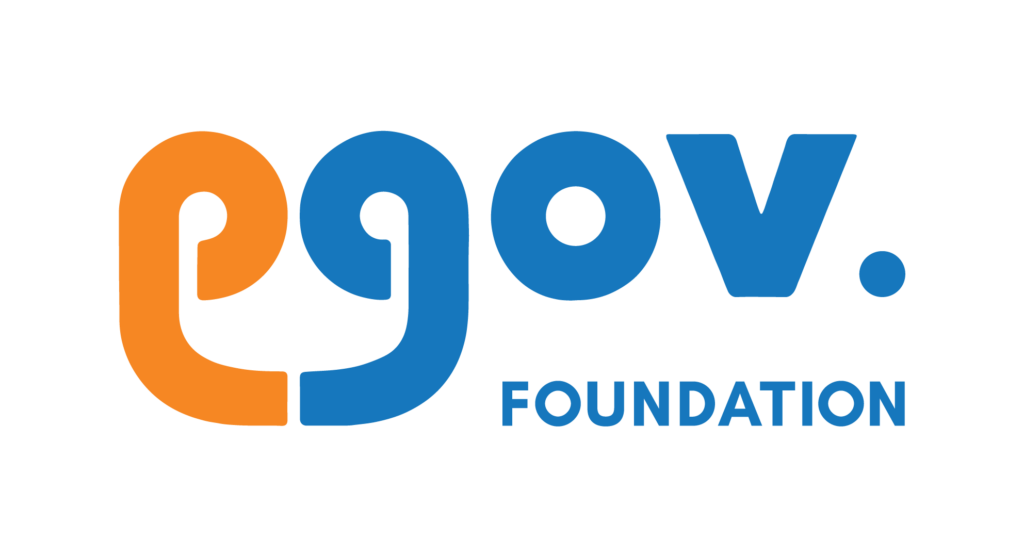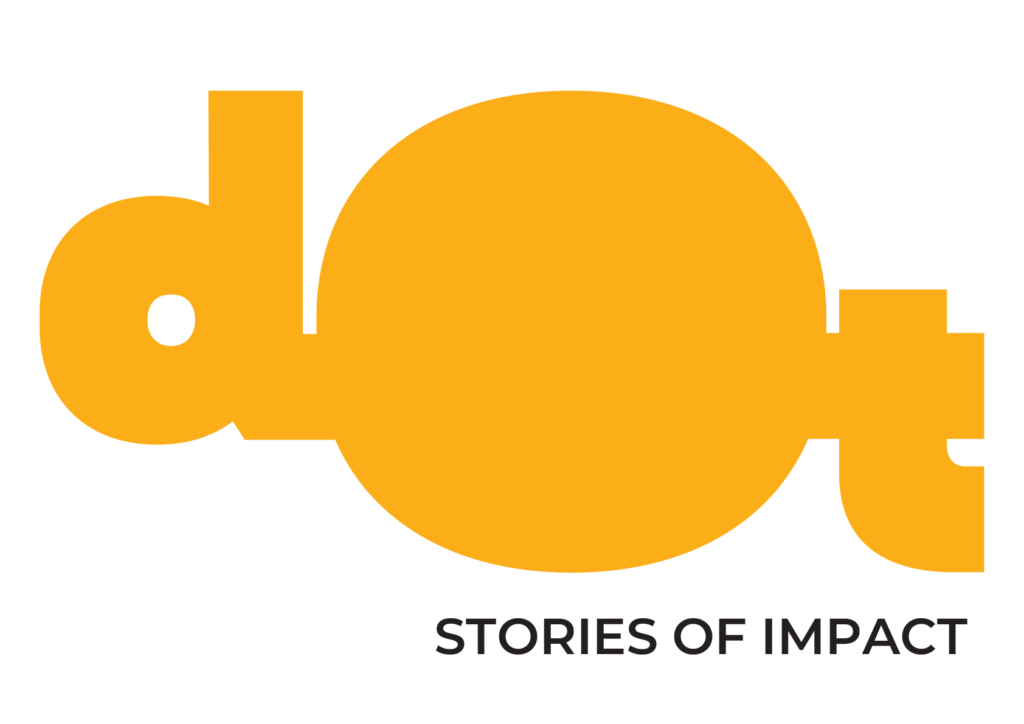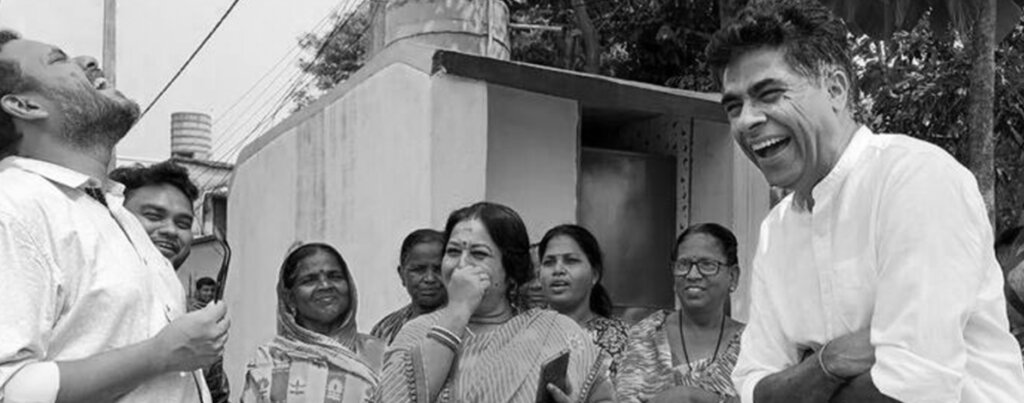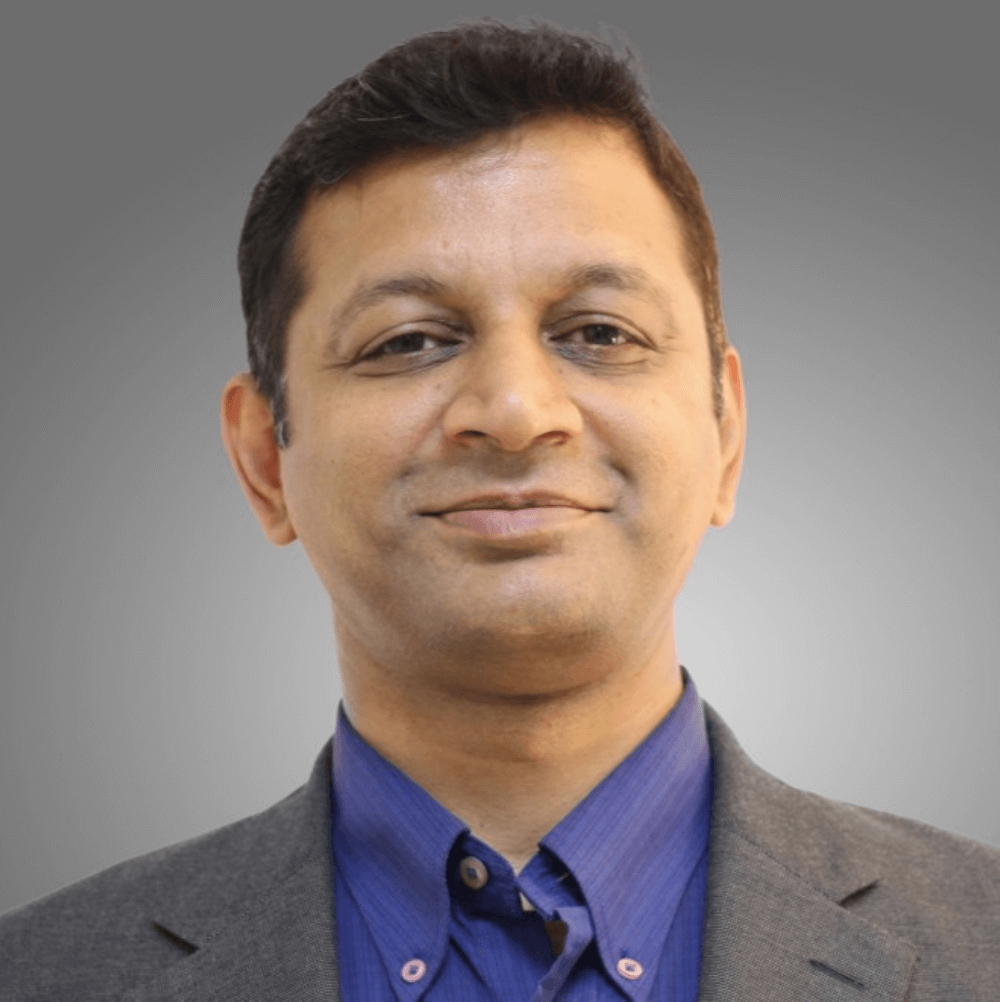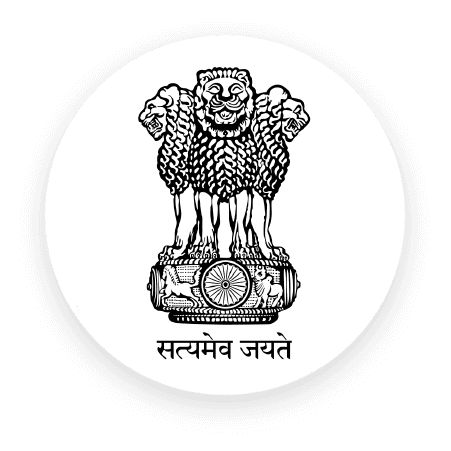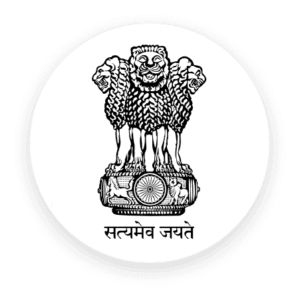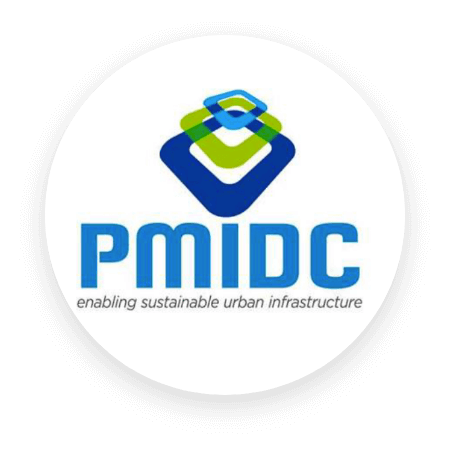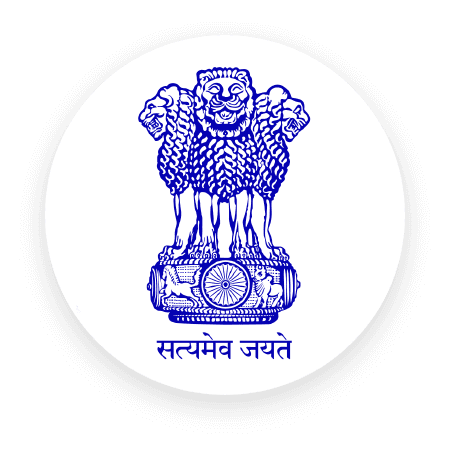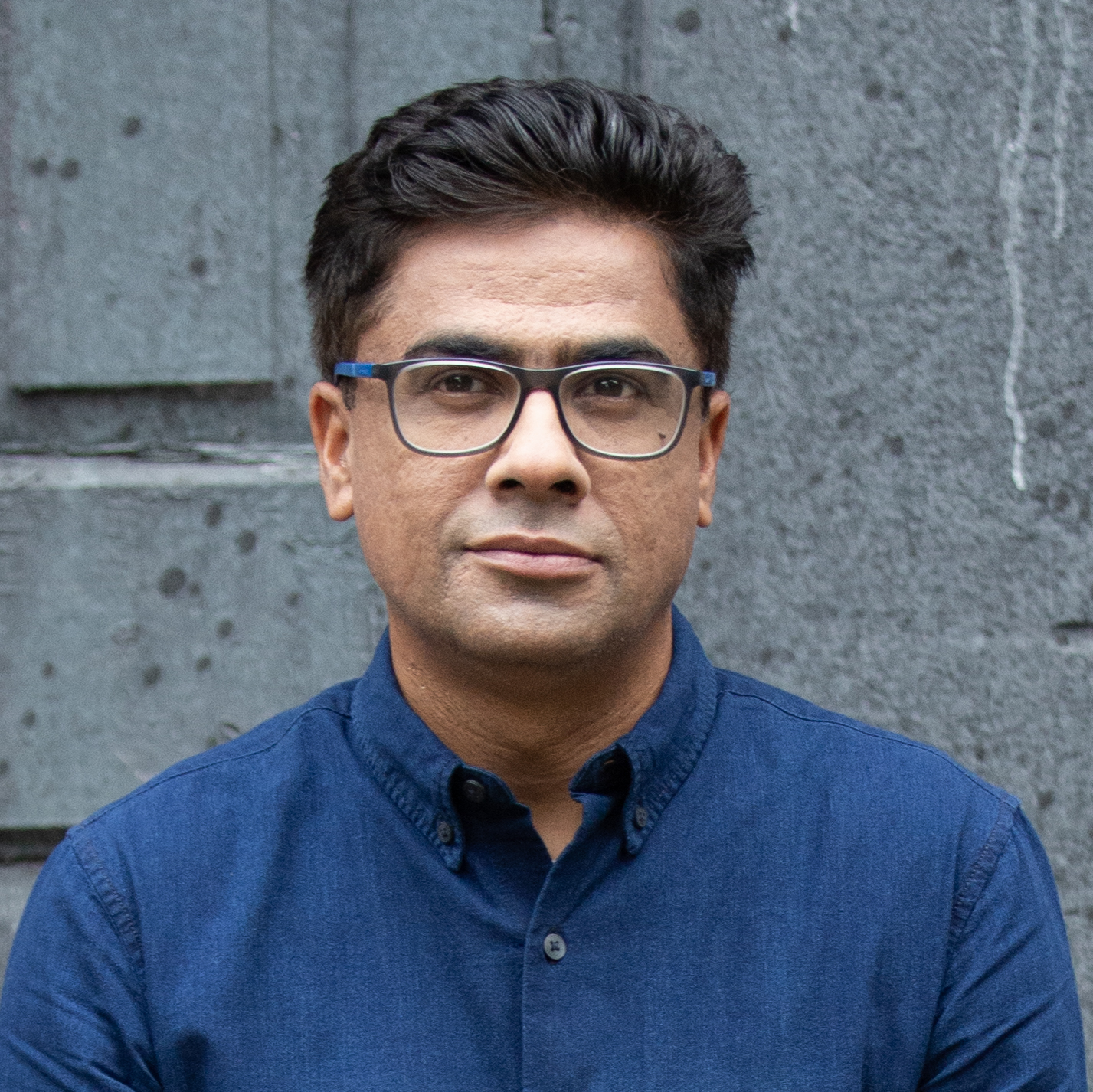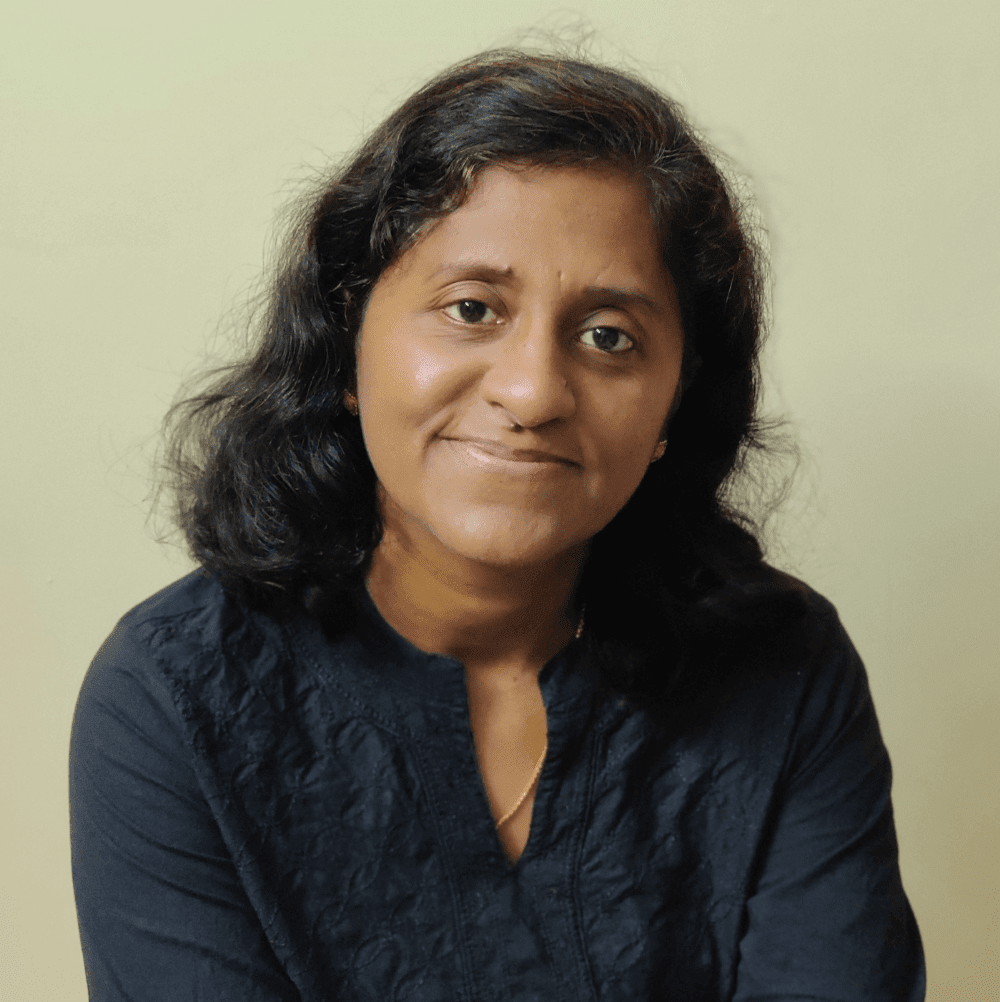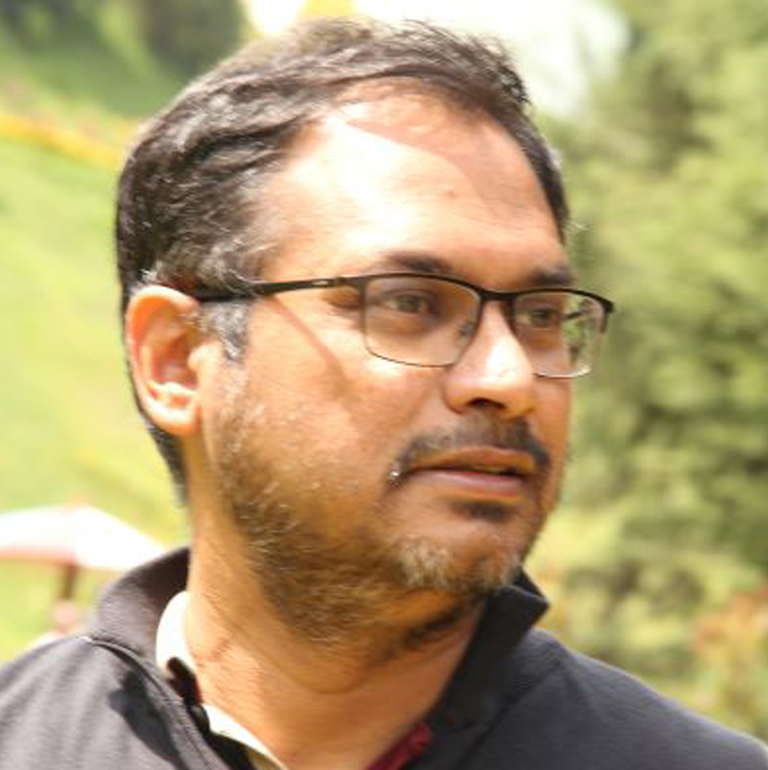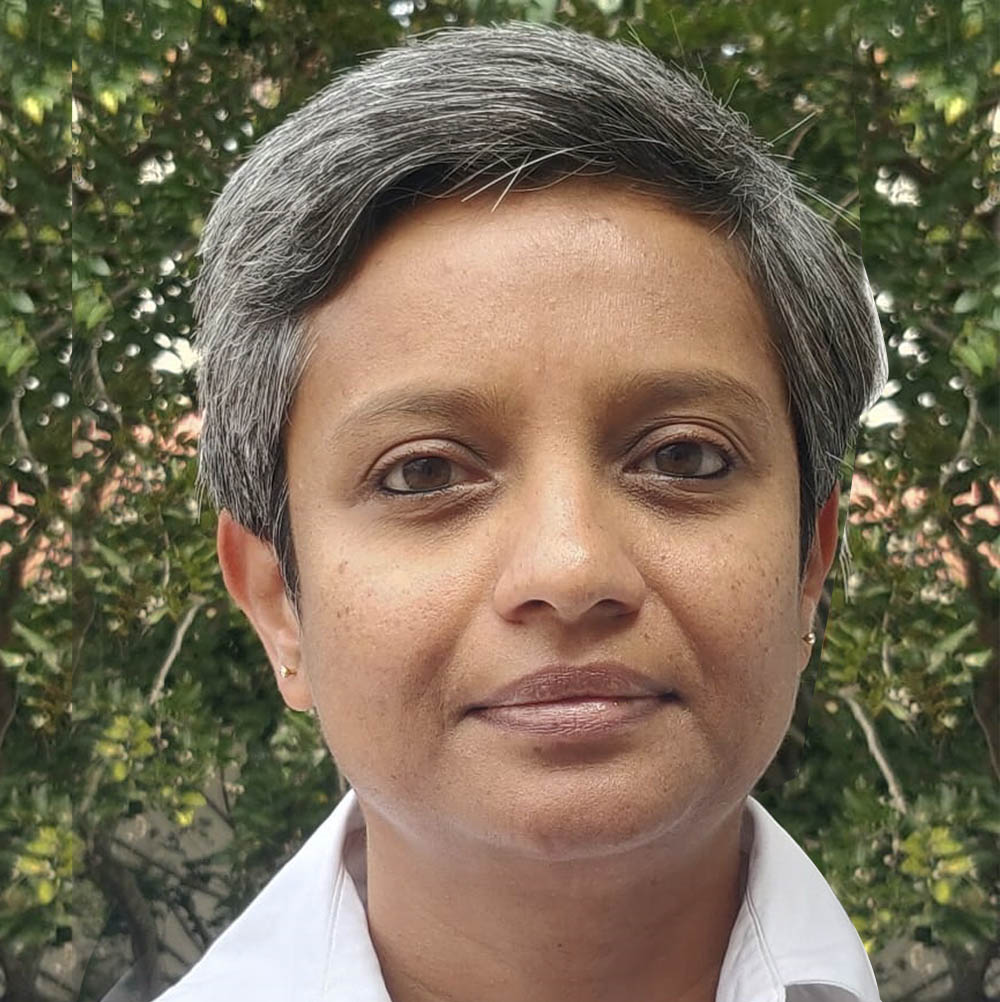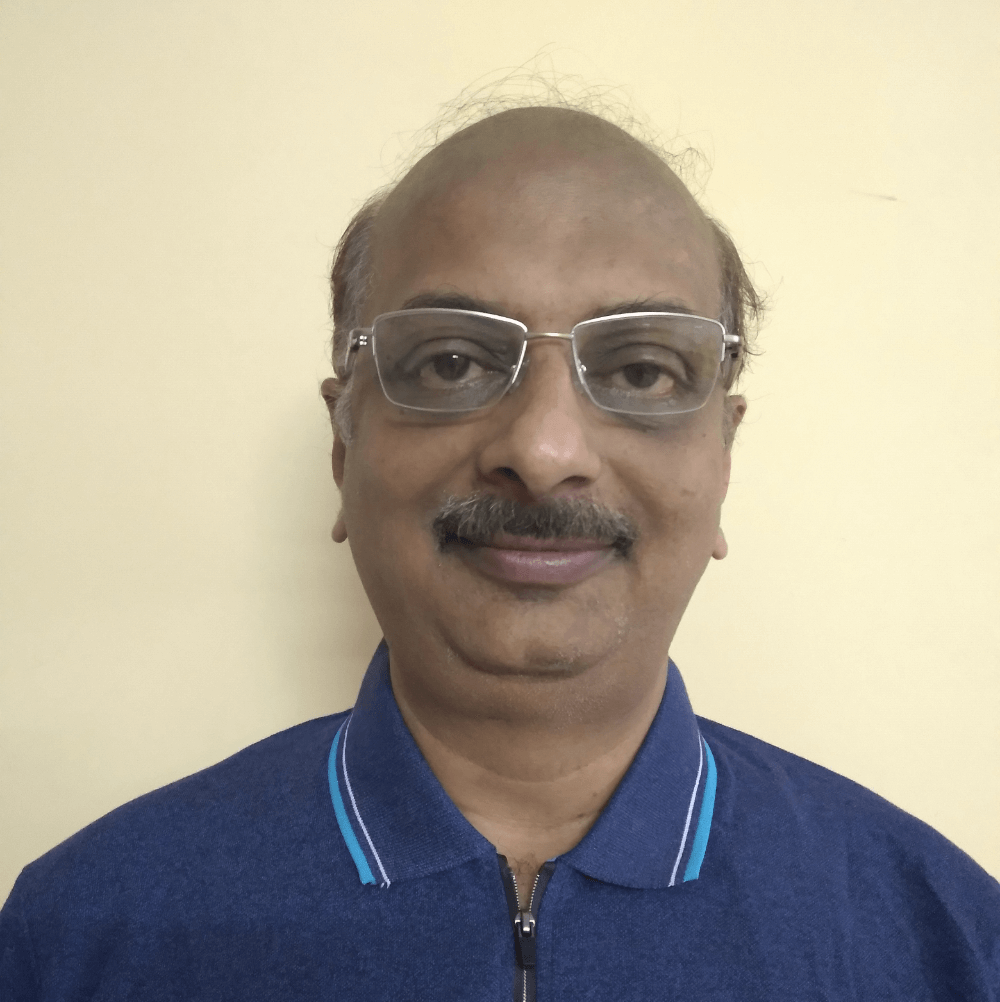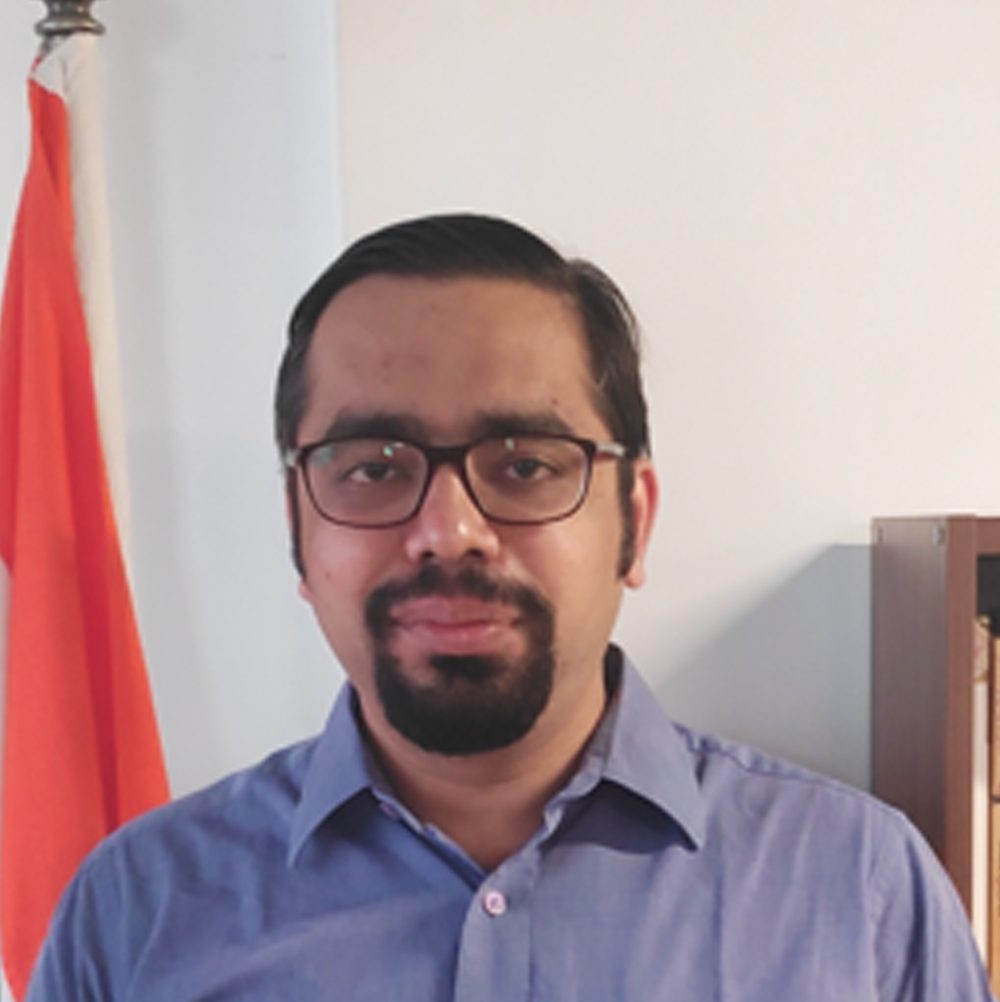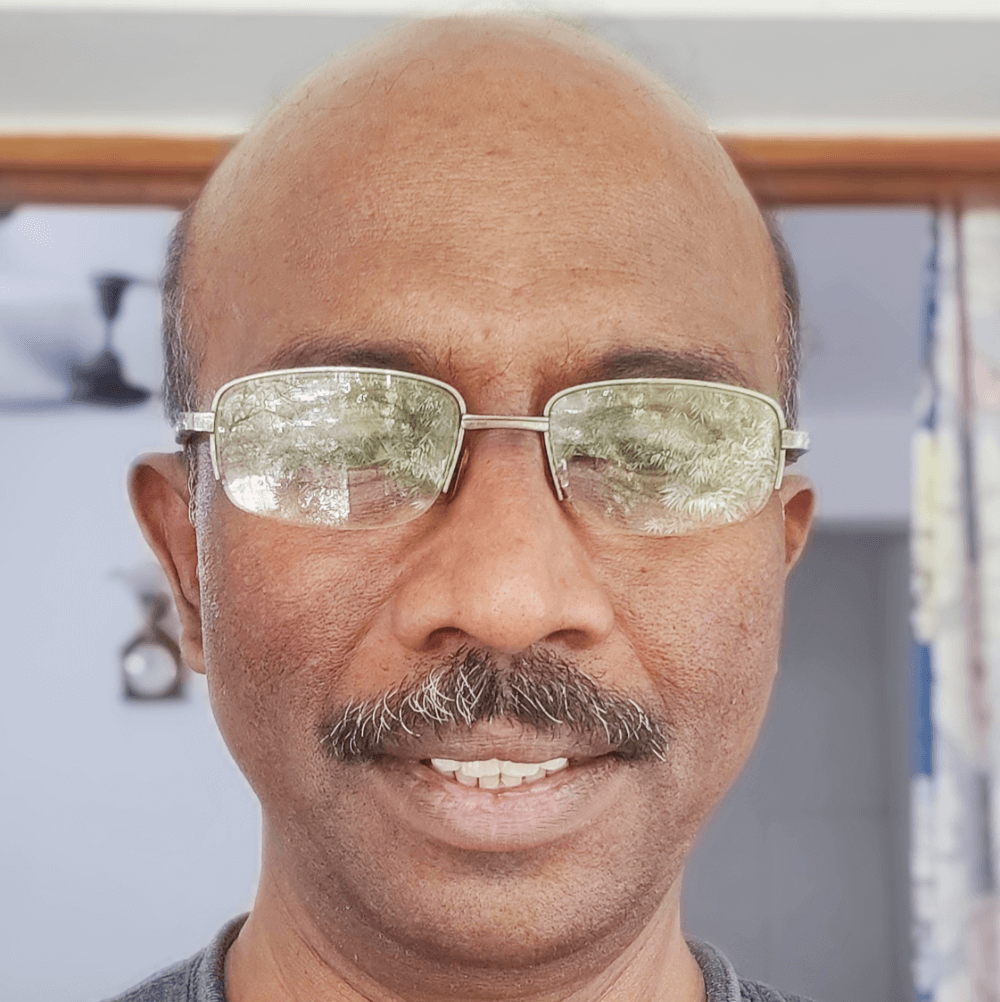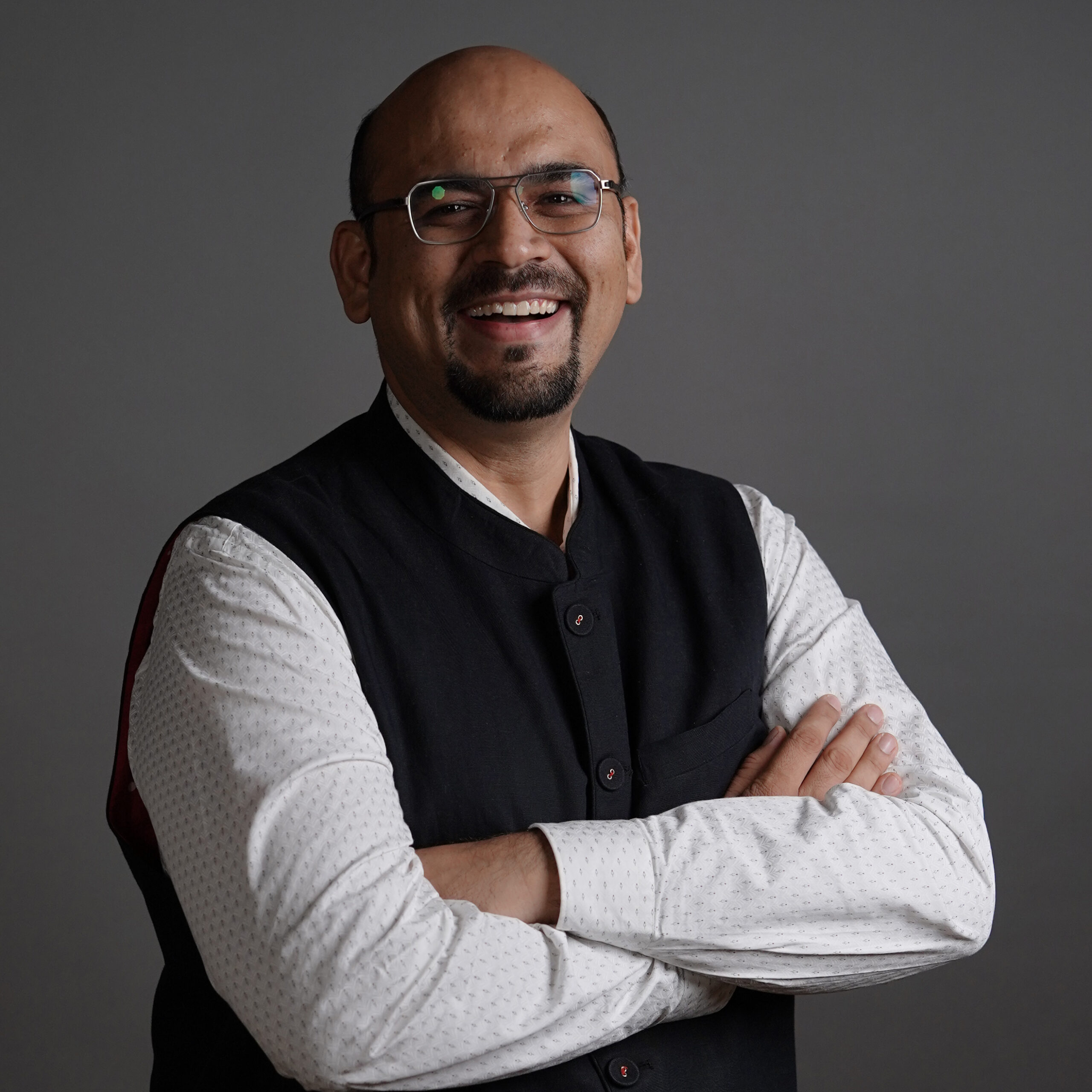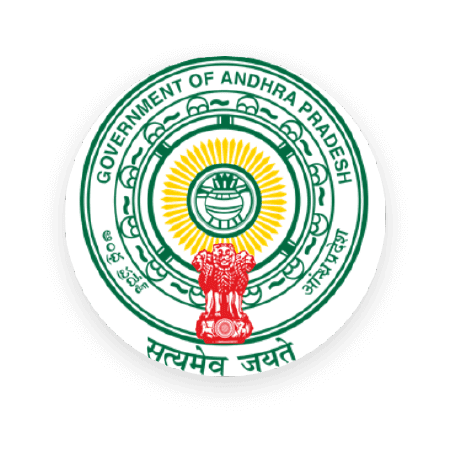In the lively office of Odisha’s property tax team, Supervisor Pravat Ranjan guided us into a room bustling with revenue collectors, showcasing the SUJOG platform’s capabilities. Taruni, a revenue collector, showed tax collection utilising a Point of Sale (PoS) equipment. The smooth procedure, which allowed them to go from property search to receipt generation in under a minute, inspired a competitive need among them to show off their SUJOG prowess.
SUJOG, which stands for “Sustainable Urban Services in a Jiffy,” embodied Odisha’s aim to transform municipal services. It is a digital urban service delivery program powered by DIGIT. SUJOG arose from a group effort to integrate tax collecting and other applications into a streamlined system. This improved procedures and empowered frontline staff by making the shift from manual to digital duties effortless, establishing a proud and efficient work culture.
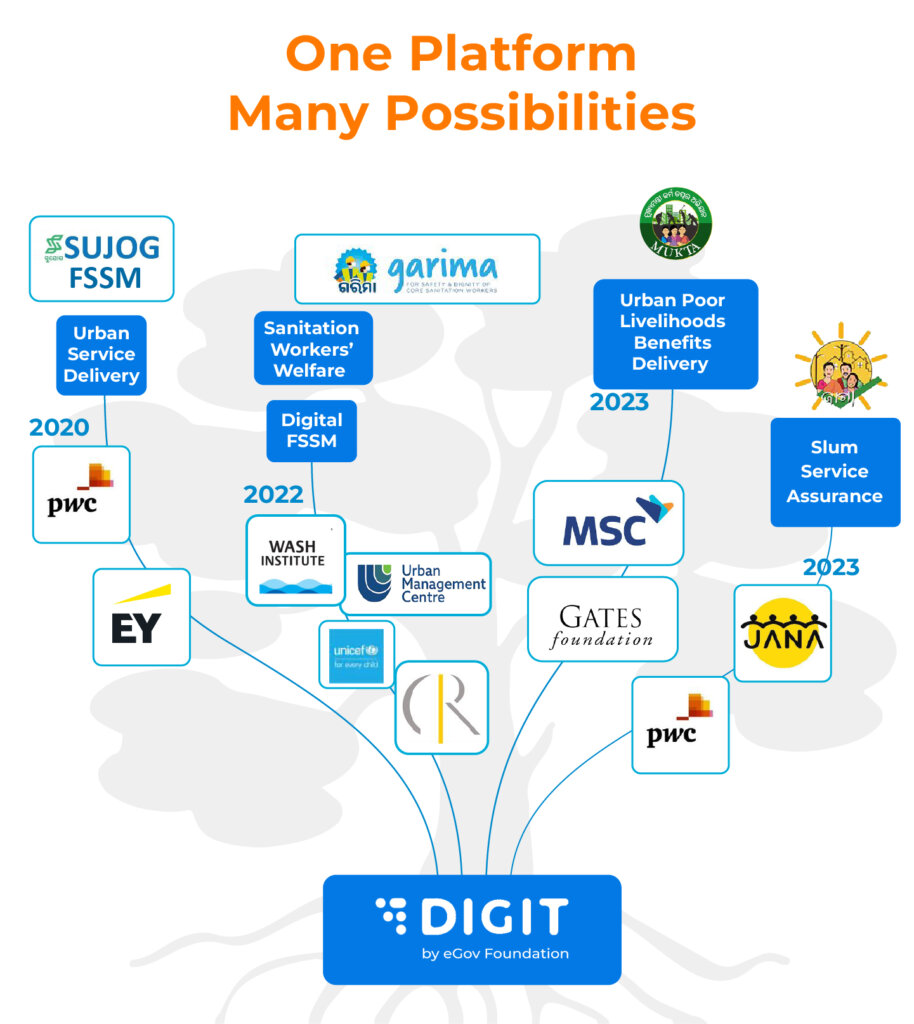
"4X ho gaya sir!" (We’ve grown 4X sir)
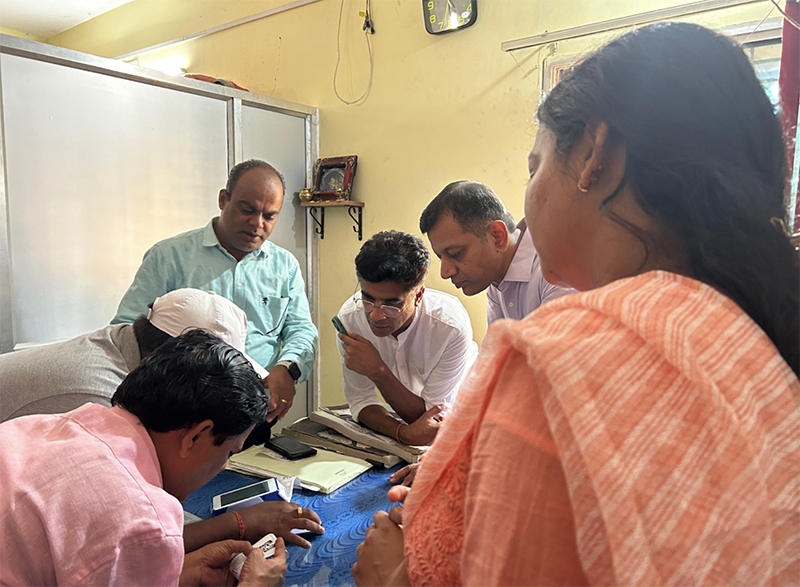
During the demonstration, a striking phrase reverberated from the supervisor when asked how SUJOG has impacted per day revenue collection – “4X Ho Gaya Sir” (We’ve grown 4X sir). Previously trapped in a maze of registers, the frontline workers now reflect pride as a result of SUJOG.
This pivotal moment of “4X Ho Gaya Sir” reflected the platform’s impact on revenue collection. It came to symbolise SUJOG’s exponential effect in government service delivery.
This finding highlighted SUJOG’s cutting-edge potential and signalled a turning point in Odisha’s technological progress. However, this was not always the case.
A testament to collective action
DIGIT’s integration into the lives of its residents has enhanced Odisha’s digital transformation journey. To highlight one such instance, the words of a young and dynamic engineer, Anuradha, echoed the sentiments shared by many of SUJOG – “It is too much of help.” The platform’s simplicity and efficiency were palpable, simplifying complicated procedures and empowering users.
The experiences didn’t end there. Suryabarti Majhi (OWSSB), a government official mentions how DIGIT has ‘revolutionised’ the digitalization of the faecal sludge management value chain. Every request raised and handled has an exponential influence, increasing the dignity of their work.
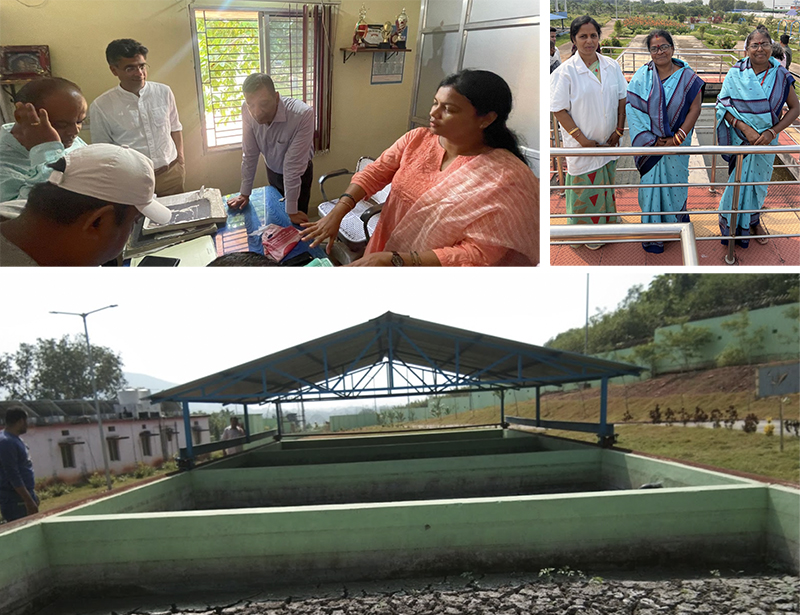
The advancements achieved in Odisha’s digital landscape are about more than simply fixing present problems; they are also about rethinking the future. The SUJOG-FSSM integration solved faecal sludge management concerns by providing insights and optimising procedures. It was more than simply a digital solution; it was the catalyst behind improved planning, visibility and infrastructure optimisation.
Empowering livelihoods
With SUJOG, Odisha’s digital efforts have grown into programmes aimed at boosting livelihoods and social welfare. The Odisha government launched the Mukhyamantri Karma Tatparta Abhiyan (MUKTA) in 2021. Through community asset-building, this effort strives to empower the urban poor, migrant workers, and informal labourers by establishing long-term job prospects. In this process, its emphasis on informal labour exemplifies inclusion, which benefits marginalised groups such as the transgender community.
The MUKTA programme allows for the tracking of projects from inception to impact evaluation, ensuring that wage seekers are paid on schedule. Using innovative digital infrastructure, the system streamlines and expedites payments and enrols wage seekers in projects, providing them employment opportunities.
MUKTASoft facilitated the first set of timely payments in as little as 7 days to daily wage workers during a successful trial run in October 2023. This digital payment transition has the potential to greatly enhance the lives of thousands of daily wage workers who rely primarily on timely payments for a living. In the following months, plans are being made to expand this effort to 23 Urban Local Bodies.
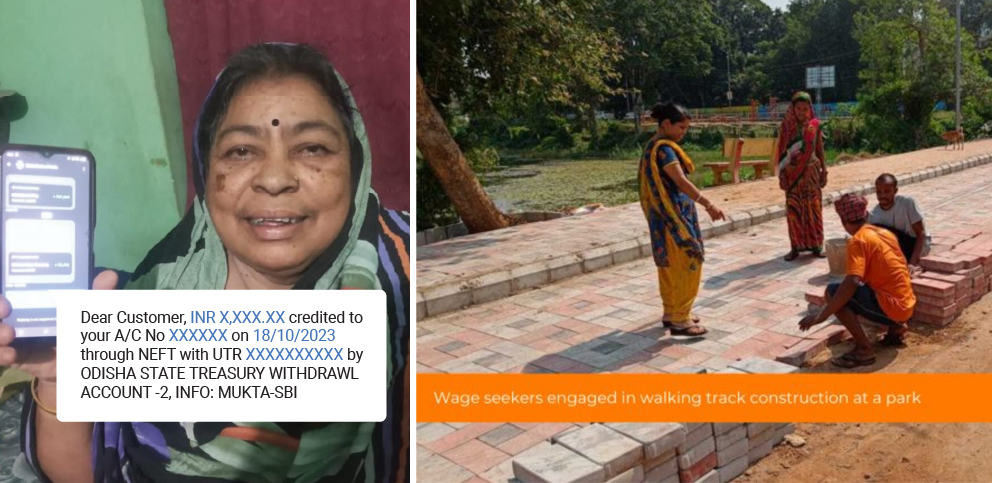
A visionary road ahead- Empowering many, impacting millions
During a visit to a self-help group (SHG) in Jatni, Odisha, we met with multiple women as this SHG is under the purview of the MUKTA program. One of the women, Chandrakanti, remarked about our platform in a way that struck a deep chord with us since she found it simple to use and comprehend. “Now I will train the rest of Odisha,” she said, encapsulating the essence of empowerment. It wasn’t just about putting a framework in place; it was about creating advocates of change who would spread waves of reform throughout the state. Furthermore, this metamorphosis is not simply the tale of a few field visits and projects; it is the story of Odisha’s unwavering quest of advancement via technology.
